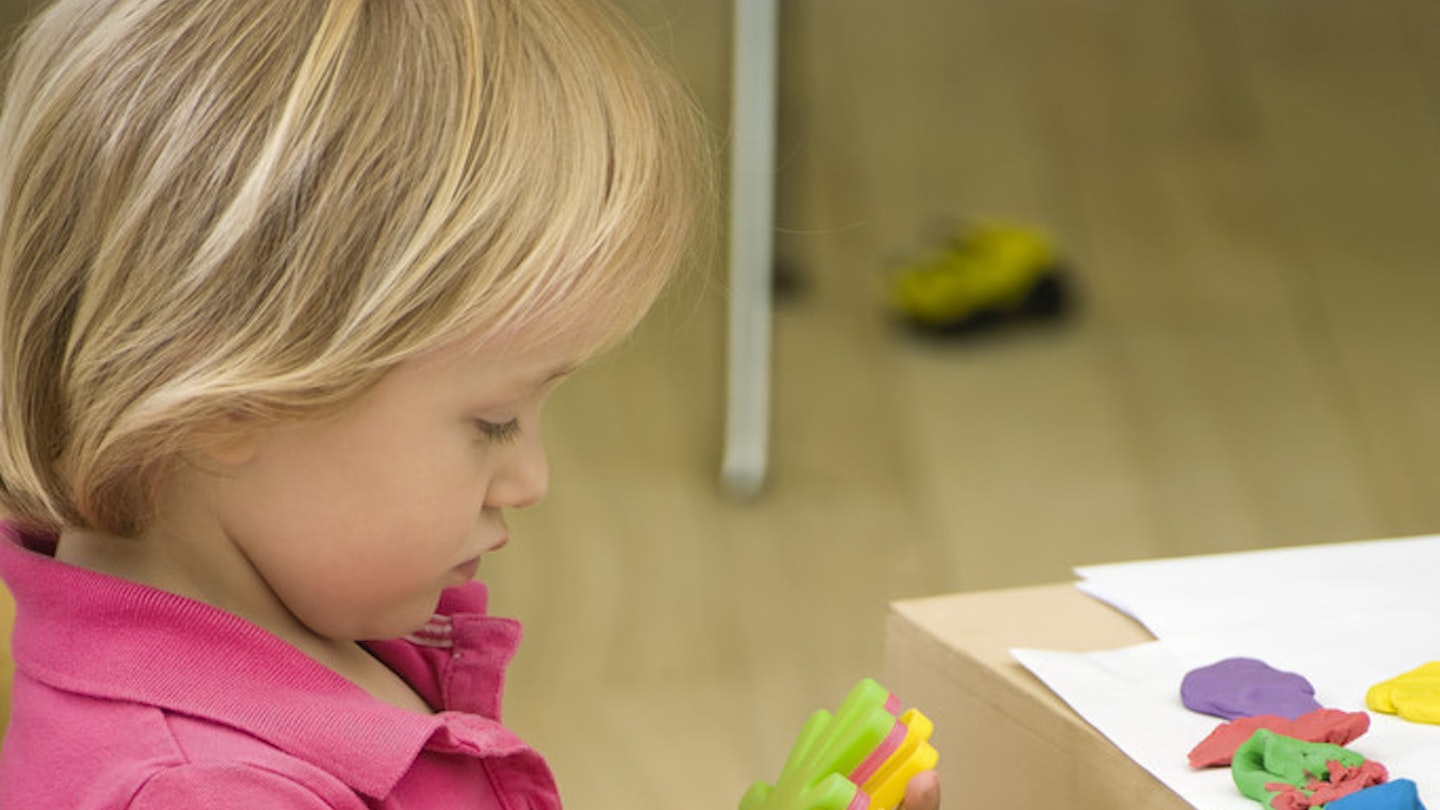If you’re ready to send your toddler along to a pre-school, make sure you’ve asked the right questions
Pre-schools (sometimes referred to as playschools or playgroups) provide play and education sessions lasting about three hours for children aged between two and five. If you’re thinking about taking your child along to one, here’s how to make it work for you.
How they work
Pre-school gives your toddler the opportunity to socialise with other children his own age. Offering plenty of opportunities for play and learning, they are a great way to gently introduce your child to the world of school.
Most pre-schools are managed by voluntary management committees and are based in community centres or on school sites, often working in partnership with the school.
Session times vary, some open for mornings only, while others run morning and afternoon sessions with the option of a lunch club. In most cases, they open during term-time only, which means you’ll need to make other arrangements during school holidays.
Pre-schools must be registered with Ofsted, and will undergo inspection on a regular basis. Costs, age restrictions and policies vary – check with those in your local area.
Visiting a pre-school
When you're visiting a pre-school for the first time, it’s best to go without your child. That way you’ll be less distracted and can focus on how happy the other children seem to be, what kind of care they receive and how the staff interact with them. Visit as many as you can, and then take your child along with you for a second visit to your preferred choice.
Potty training
Some pre-schools expect children to be out of nappies before they start, so ask about their policy on potty training. Even if they expect children to be potty trained, the staff will be trained to give children gentle reminders to use the loo and be on hand to help.
Accidents happen, so it’s best to pack a change of clothes in your toddler’s backpack just in case.
What to ask
Can I see your latest Ofsted report?
What qualifications and training do the staff have?
What is staff turnover like - will a key carer be assigned to my child?
What sort of activities do you do with the children?
Can you describe a typical day at playschool?
What meals and drinks will be provided?
Where will my child have a rest if tired?
How do you encourage good behaviour?
What is unacceptable behaviour/how do you deal with it?
What’s your policy regarding safety, sickness, holidays and emergencies?
Things to remember
No matter what you’ve heard, the admissions process for primary schools is separate to that of pre-schools – so be aware that gaining a place at playschool will not automatically guarantee your child a place at the school itself. You’ll need to apply through the school’s admissions process as normal.
Your child can still attend a pre-school which is linked to a school, even if you don’t intend for them to attend that particular school in future.
Some nurseries and playschools have long waiting lists, especially in bigger towns and cities, so it’s wise to put your child's name down as soon as possible. Contact the pre-school to see how early you can apply or register your interest.
